|
|
|
 |
|
|
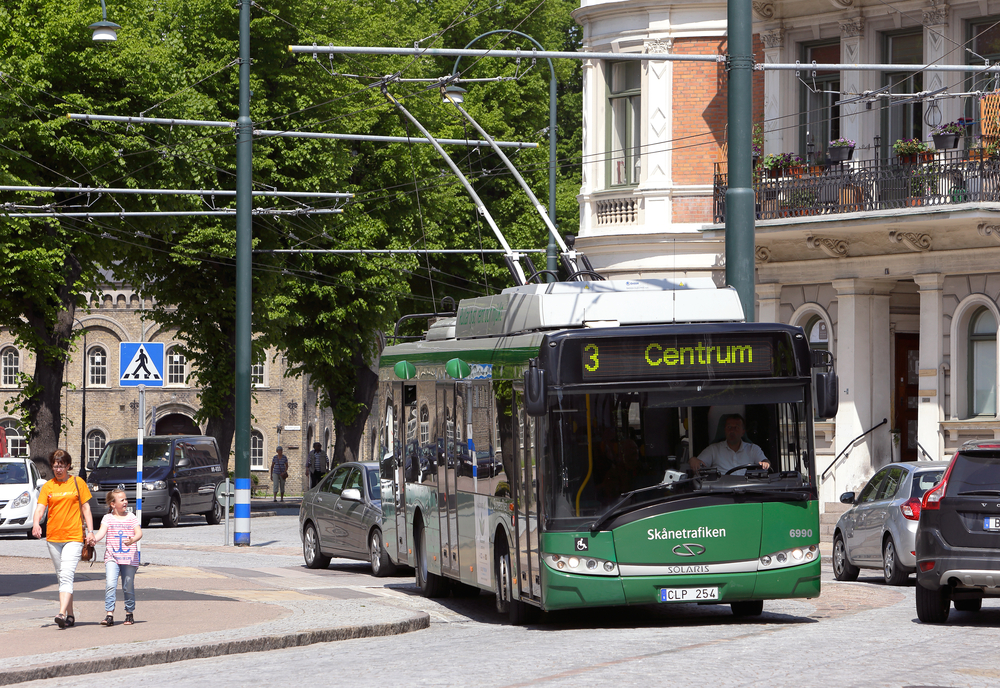
|
|
Alternative fuel buses – an important read for policy and
business decision makers
The recently published CIVITAS Policy note ‘Smart choices for cities.
Alternative fuel buses’ provides useful information to help policy
makers, public transport authorities and local decision makers choose clean
public bus transport. The policy note could also serve as a guide for bus
fleet operators that are considering renewing their urban transport
fleets.
Read more
|
 |
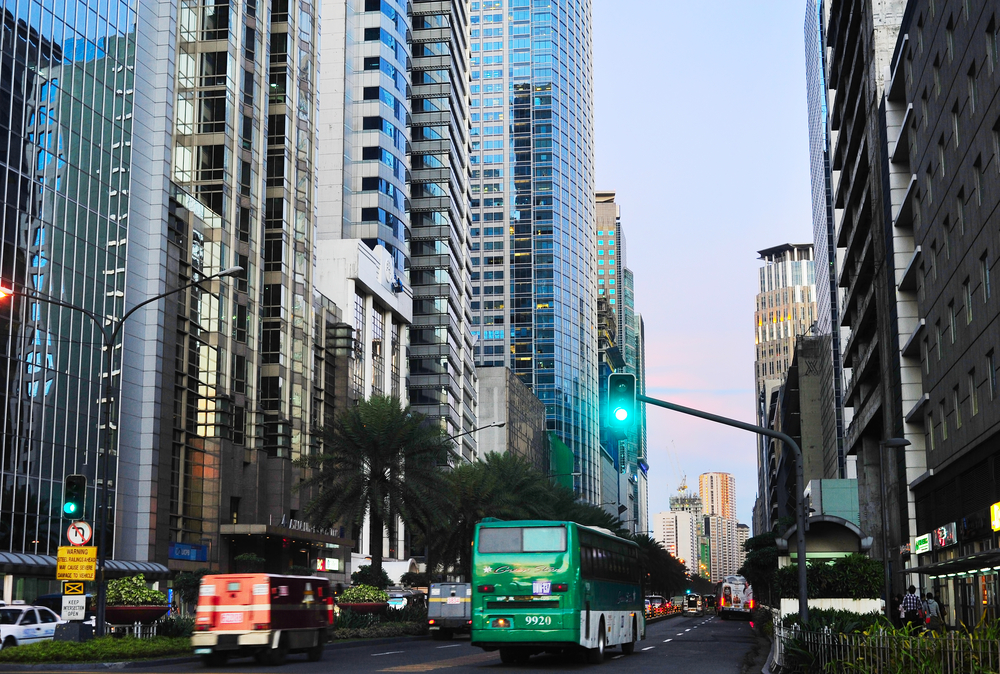 |
|
Showcasing relevant
initiatives such as IRU's Smart Move campaign, which champions the use of
buses and coaches as a clean, safe and sustainable way to travel, the event
covered “coach and tourism”, “bus and city” and “bus and
financing”. Participants included policy makers, business leaders and
professional experts.
Read more
|
 |
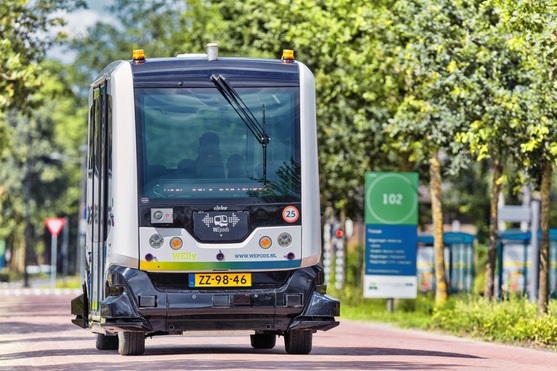 |
|
WURby and Welly, the two self-driving WEpods, are currently operating as
a weekly bus service as part of a trial on the campus of Wageningen
University and Research in the Netherlands. The test phase has started at
the beginning of November and will last until the end of the year.
Read
more
|
 |
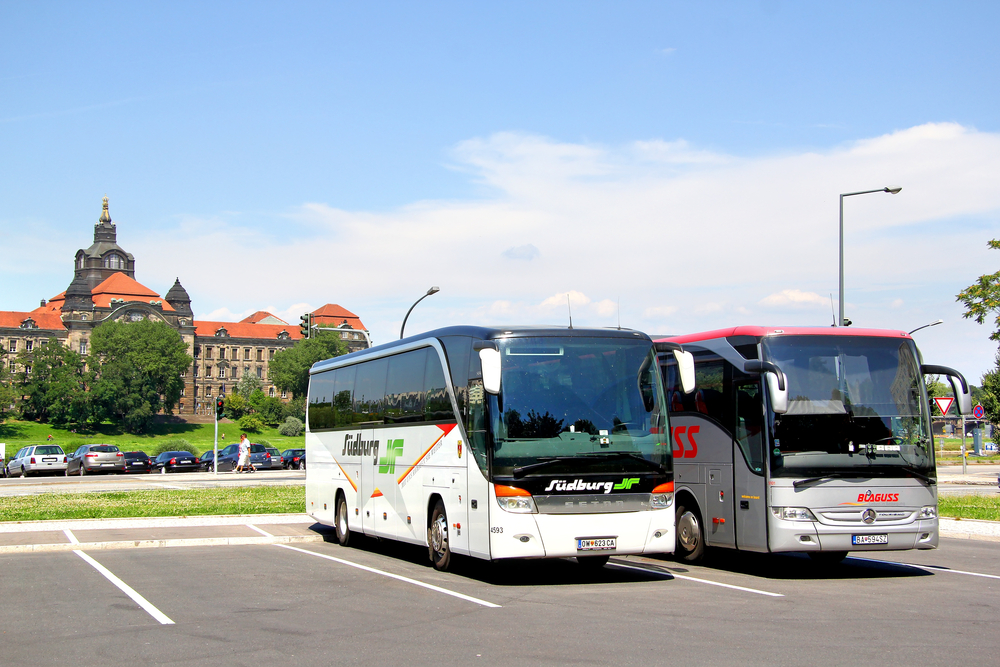 |
|
During its Experts’
Forum in Public Transport, held last week in Berlin, the Federal
Association of German Bus and Coach Operators made it clear that it opposes
changes of the German Passenger Transport Act. The discussions revolved
around the fact that the application of the law is currently producing
tensions between municipal and private companies, with the European
Commission being also skeptical regarding its implementation by
municipalities.
Read more
|
 |
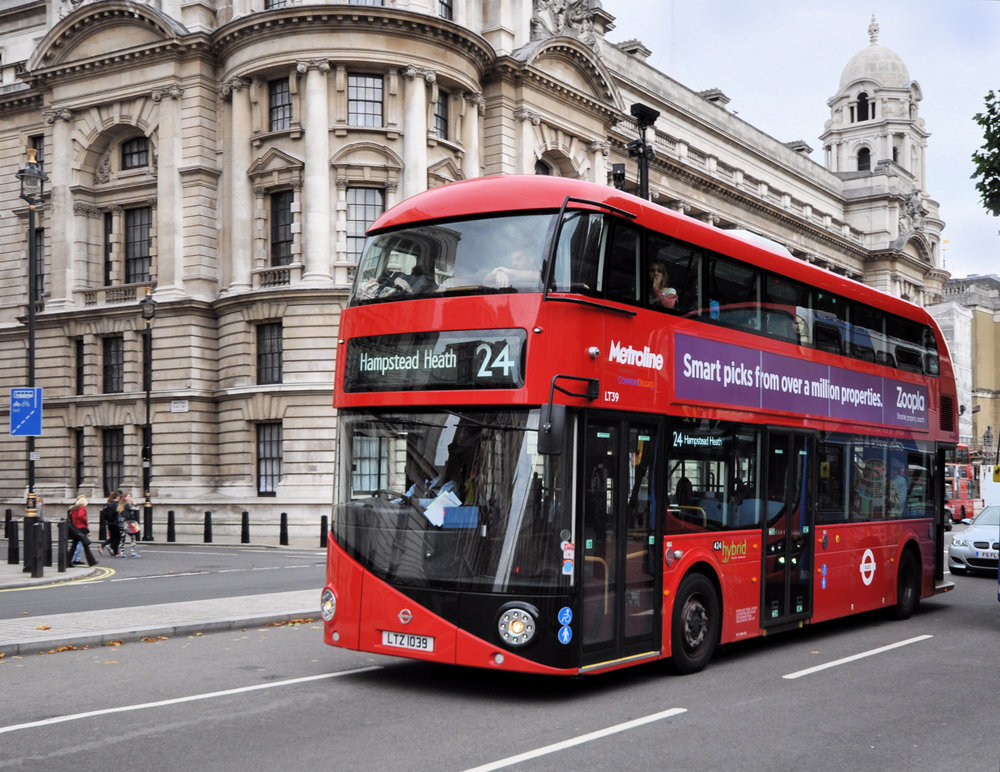 |
|
London has been able to
secure a 10% cut in the price of hybrid buses in 2016 as a result of
demonstrating the global demand for clean buses through the C40 Clean Bus
Declaration. The plan is that all new buses in the British capital will be
hybrid, electric or hydrogen by 2018.
Read more
|
|
 |
|
 |
|
|
| Take a moment and tell us how you see the
future of bus and coach services and markets. |
 |
|
 |
|
|
 |
|
|
|
 |
|
|
|
 |
|
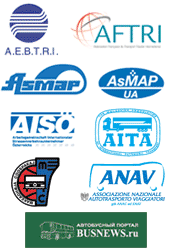
|
 |
|











